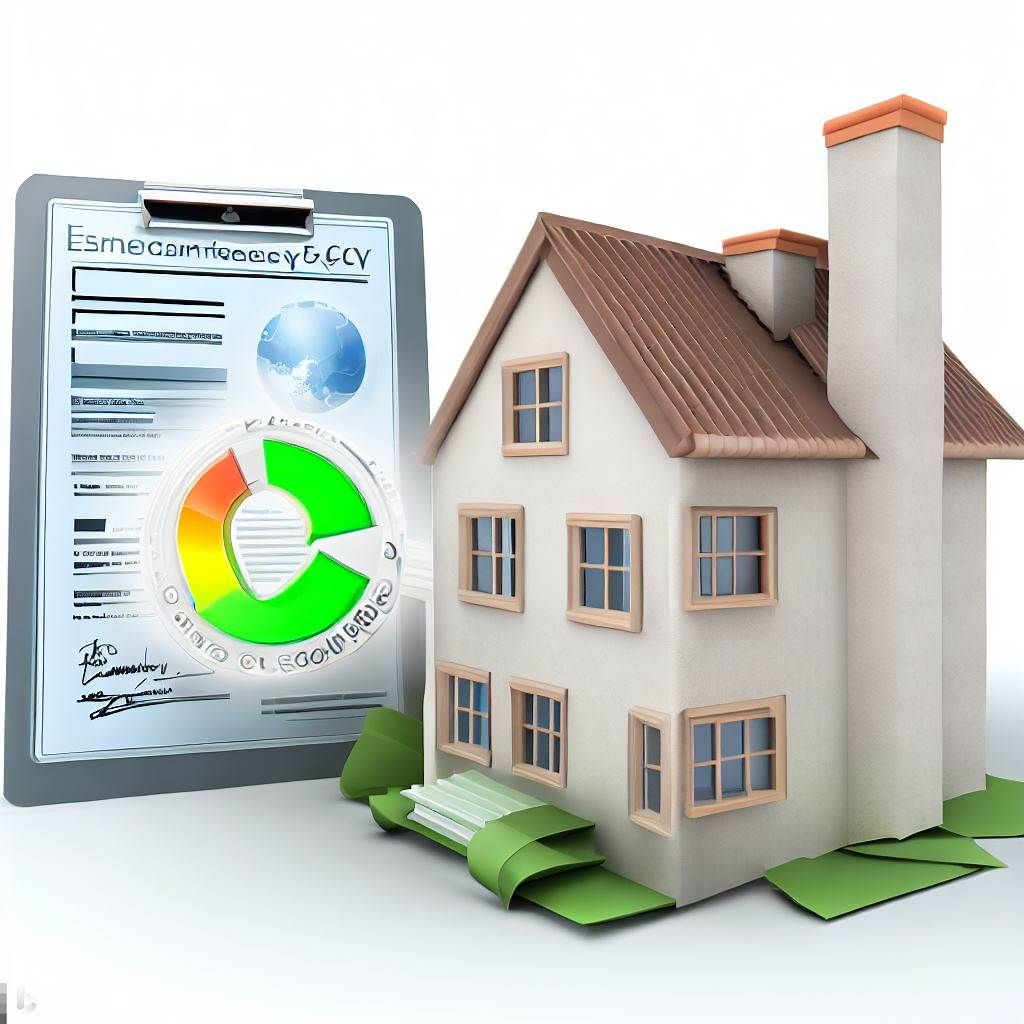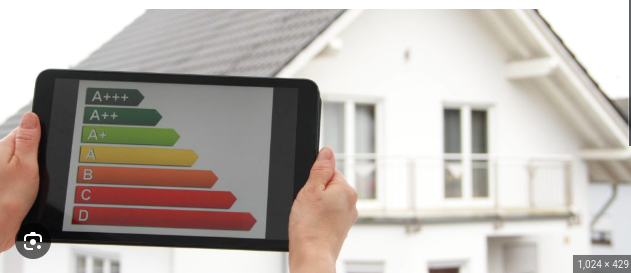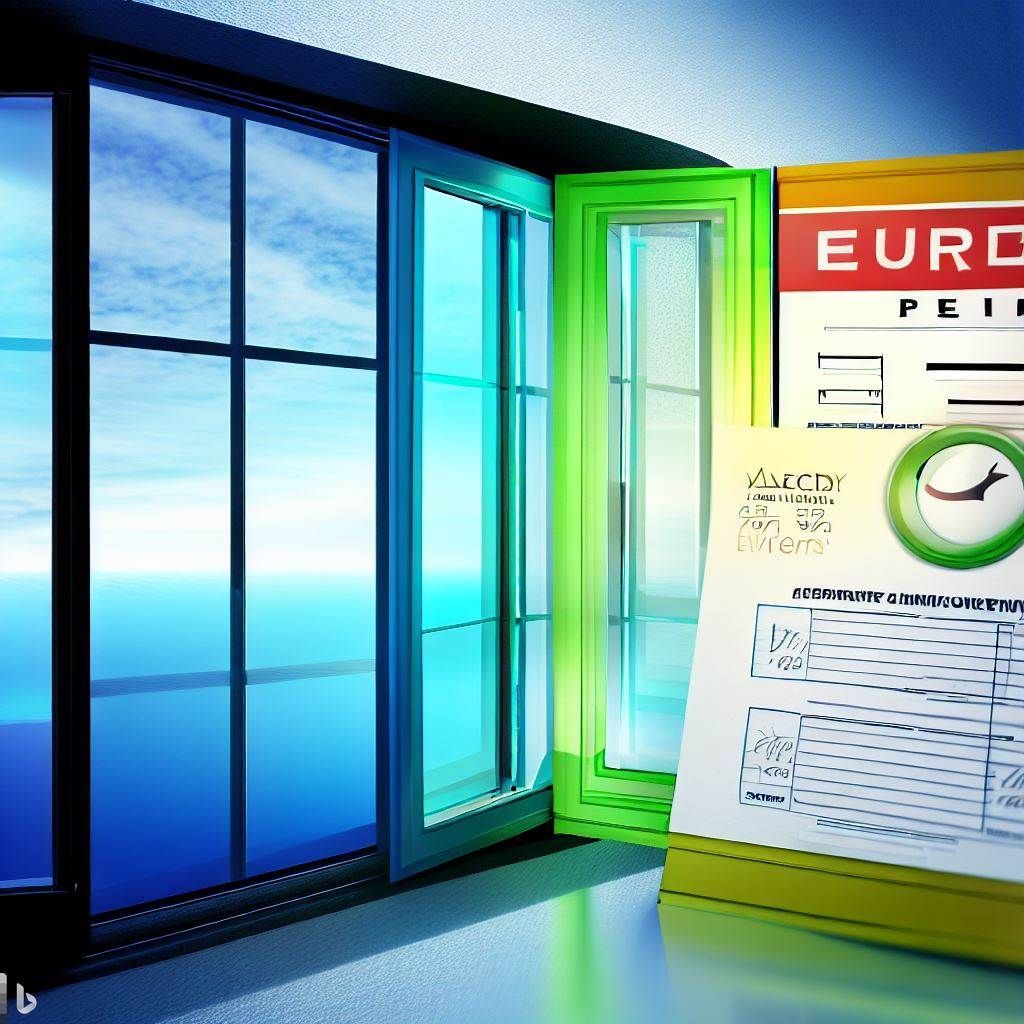How Much Does an EPC Assessor Earn in the UK?
My Guide To How Much An EPC Assessor Can Earn In The UK.

Introduction:
In the UK, Energy Performance Certificates (EPCs) play a vital role in assessing the energy efficiency of residential and commercial buildings. EPC assessors are responsible for conducting these evaluations, providing valuable insights into a property's energy efficiency and recommending measures to improve it. If you're considering a career as an EPC assessor, one important question that comes to mind is, "How much can I earn?" In this blog post, we will explore the earnings potential of EPC assessors in the UK, shedding light on the factors that influence their salaries.
Average Earnings of EPC Assessors:
The income of an EPC assessor in the UK can vary based on several factors such as experience, qualifications, location, and the volume of work available. On average, an EPC assessor's annual salary can range between £20,000 to £40,000, depending on these factors. Keep in mind that this figure is an estimate and can vary from one individual to another.
Factors Affecting EPC Assessor Salaries:
1. Experience and Qualifications:
As with many professions, experience and qualifications play a significant role in determining an EPC assessor's earning potential. Assessors with more years of experience and higher-level qualifications tend to command higher salaries. Additionally, acquiring additional certifications, such as becoming a Domestic Energy Assessor (DEA) or Non-Domestic Energy Assessor (NDEA), can also contribute to increased earning potential.
2. Location:
Location is another crucial factor that affects an EPC assessor's salary. Generally, assessors working in larger cities or areas with high demand for EPC assessments tend to earn higher salaries. The cost of living and property prices in a particular region can also influence the rates charged by assessors.
3. Workload and Availability:
The volume of work available to an EPC assessor can impact their earnings. Assessors who consistently have a steady flow of clients and assessments can generate higher incomes. Building a reputation for providing quality assessments and excellent customer service can lead to increased demand and subsequently higher rates.
4. Self-Employment vs. Employment:
EPC assessors have the option to work as self-employed individuals or be employed by energy assessment companies. Those who choose self-employment have more control over their rates and earnings but also bear additional responsibilities such as marketing, administration, and managing their client base. On the other hand, employed assessors may receive a fixed salary or an hourly rate, depending on the company's structure.
Conclusion:
Becoming an EPC assessor in the UK can be a rewarding career choice, both professionally and financially. While there is no fixed salary for all assessors, the average annual earnings typically range between £20,000 to £40,000. Factors such as experience, qualifications, location, and workload influence an assessor's earning potential. As the demand for energy-efficient buildings continues to grow, there is an increasing need for qualified EPC assessors, presenting promising opportunities in this field.
If you're considering pursuing a career as an EPC assessor, it's crucial to research the specific requirements and qualifications needed in the UK, as well as stay updated with any regulatory changes that may affect the industry. Ultimately, with dedication, expertise, and a commitment to delivering high-quality assessments, an EPC assessor can carve out a successful and fulfilling career in the UK's energy efficiency sector.










